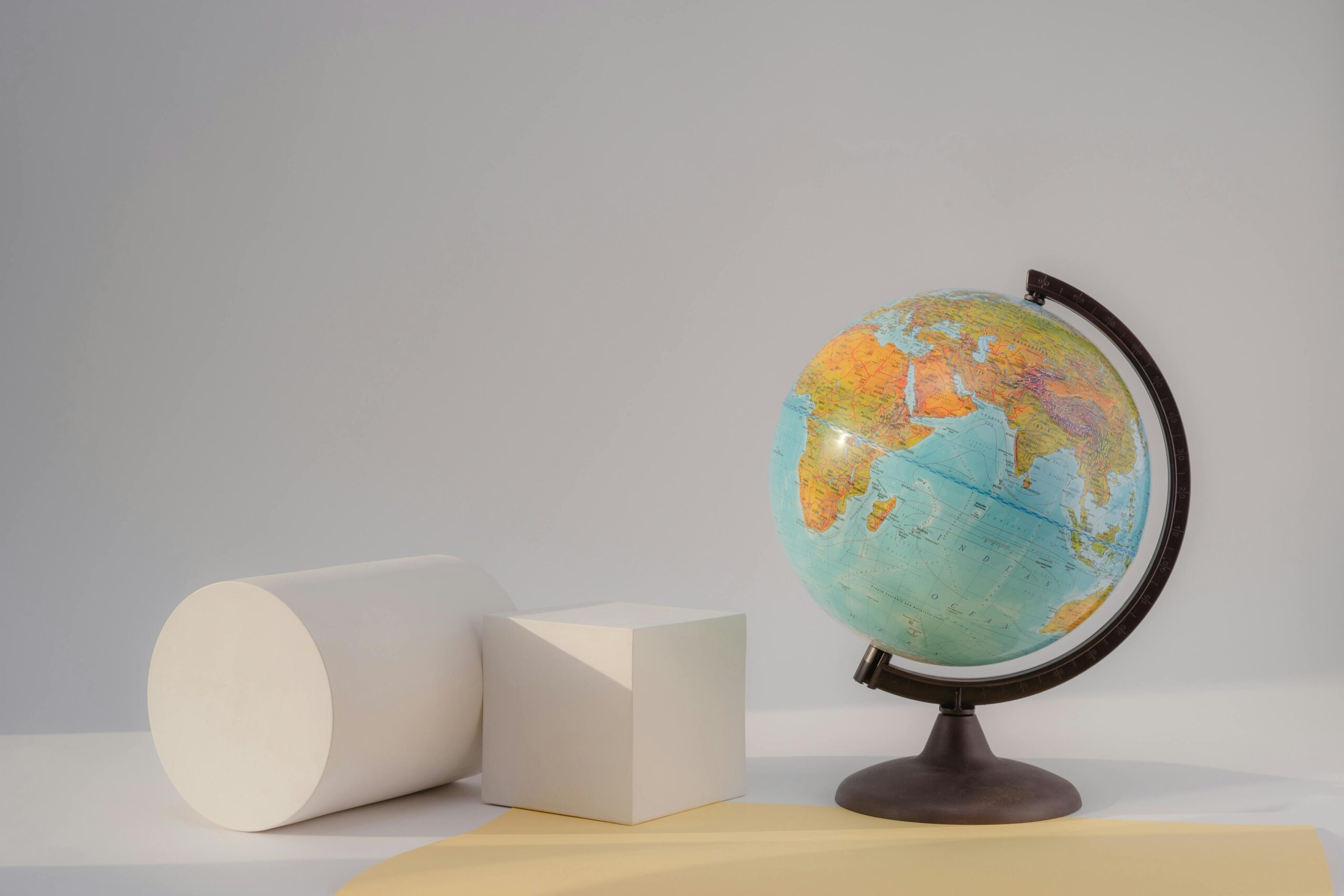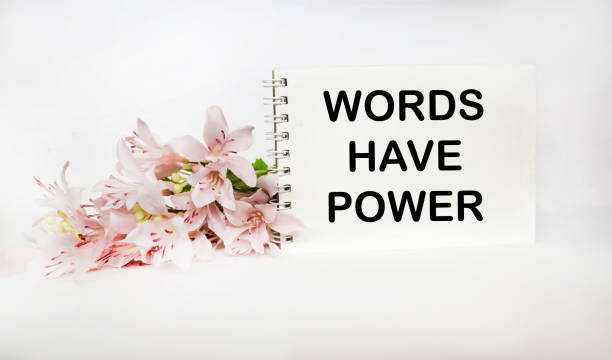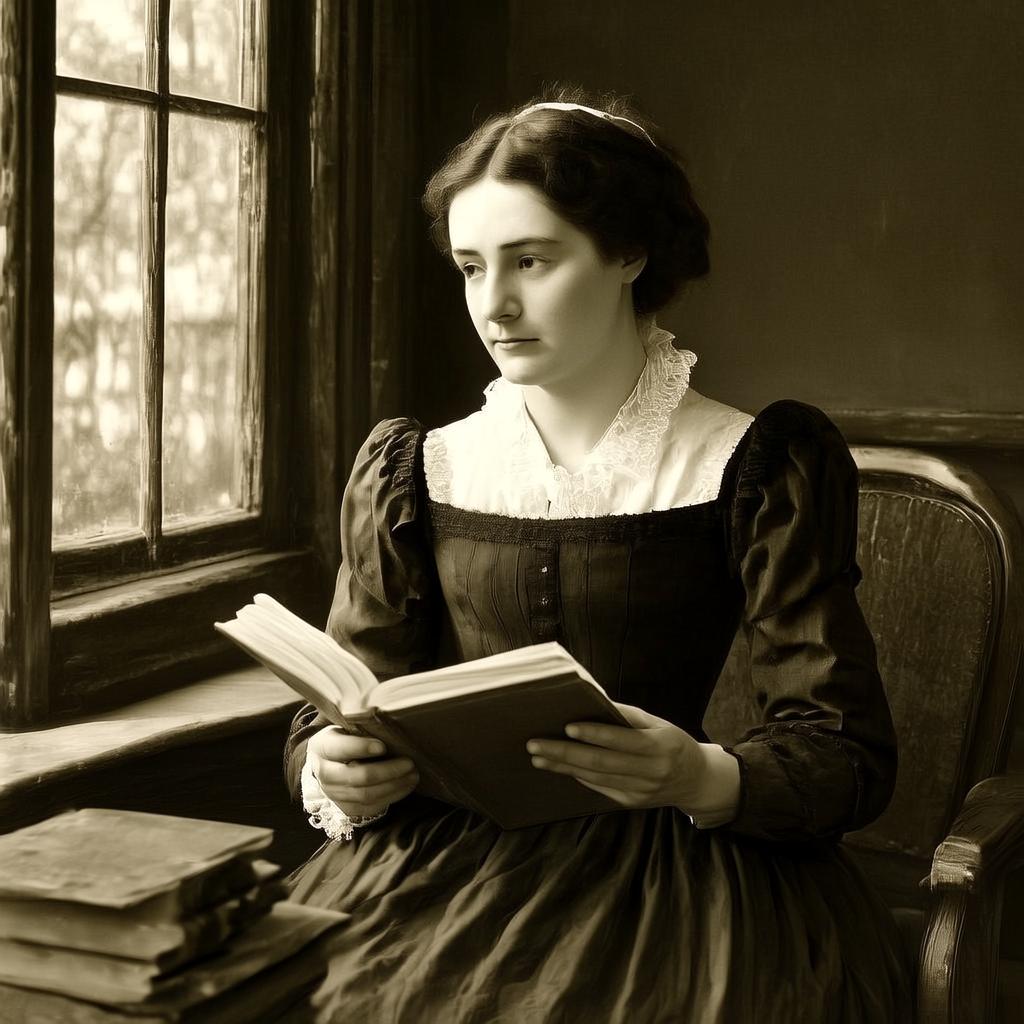Interpreting Civility Through World Literature
Civility is extra than just correct manners or well mannered language. It displays the deeper human values of appreciate, empathy, humility, and cooperation. Throughout history, writers throughout cultures have used literature to outline, venture, and reshape what civility manner of their society. Whether it’s ancient epics, religious texts, modern-day novels, or postcolonial tales, literature remains one of the maximum powerful tools for expressing and coaching civility.
In this text, we explore how international literature has helped shape our expertise of civility. We’ll examine examples from various cultures, time durations, and genres—each supplying a completely unique imaginative and prescient of what it approach to be civil, and why that still topics these days.
Civility as Moral Code in Ancient Texts
Civility regularly starts with lifestyle. In early texts consisting of the Mahabharata from India or The Analects by using Confucius, civility is tied intently to moral behavior and social harmony.
In The Analects, civility is proven through the concept of “li” (ritual propriety). Confucius believed that by using practicing respectful behavior in circle of relatives, politics, and private existence, a person maintained inner peace and contributed to a balanced society. Respect for elders, honesty in speech, and reticence in war have been key markers of civility.
Similarly, inside the Mahabharata, characters are praised or condemned based totally on their moves at some stage in moments of war. While warfare dominates the story, it’s far the conversations, the honor between enemies, and the ethical dilemmas that display genuine civility—or the dearth of it.
These texts show that civility become in no way just about social look. It turned into deeply connected to internal ethics and communal values.
The Role of Civility in European Classics
In European literature, civility have become a marker of sophistication, schooling, and distinctive feature—specially in the course of the Enlightenment and Victorian durations. But even then, writers used fiction to impeach whether civility became actual or just a display.
Take Jane Austen’s Pride and Prejudice, as an instance. At first glance, Mr. Darcy appears arrogant and bloodless. Elizabeth Bennet, on the other hand, is witty and proud. But as their characters develop, the novel indicates how civility is not truely approximately words or attraction—it’s about integrity, kindness, and emotional honesty. Darcy’s transformation isn’t in speech however in action—he turns into more considerate, humble, and being concerned. Elizabeth also learns to pay attention extra and decide less.
Charles Dickens, in Great Expectations and A Tale of Two Cities, also challenged fake civility. He exposed how the wealthy regularly used politeness to hide cruelty or indifference. True civility, Dickens recommended, comes from compassion—now not from social rank.
Thus, European literature regularly contrasted floor manners with inner goodness, asking readers to remember: is this character definitely civil, or simply pretending?
Civility in African and Middle Eastern Literature
African and Middle Eastern authors have regularly portrayed civility through the lens of network and oral way of life. Respect for elders, generosity to strangers, and take care of pals are repeated themes.
In Chinua Achebe’s Things Fall Apart, the Igbo lifestyle has a sturdy sense of civility primarily based on justice, ritual, and honor. However, the advent of colonial powers disrupts these values. Achebe indicates how both the local and colonial systems declare to be “civilized,” but simplest one respects the community’s voice.
In Season of Migration to the North via Tayeb Salih, civility is torn among East and West. The narrator wrestles with what it way to be a “civilized” guy after returning to Sudan from England. He unearths that civility isn’t owned through one way of life—it’s about how humans deal with every other, irrespective of historical past.
In these tales, civility is not fixed. It modifications depending on electricity, tradition, and private values. But it always remains related to dignity, admire, and the willingness to pay attention.
Eastern Philosophy and the Ethics of Civility
In Japanese literature, civility regularly method harmony with others and oneself. This is meditated in the calm, respectful tone discovered in works by using authors like Yasunari Kawabata and Haruki Murakami.
In Snow Country with the aid of Kawabata, even in moments of emotional ache, characters communicate lightly. There is restraint in words, but depth in feeling. The silence between human beings turns into a shape of civility—an acknowledgment of private area and emotional obstacles.
Similarly, Chinese literature which includes Dream of the Red Chamber explores civility within complex own family systems. Respect for hierarchy and proper behavior is relevant, but those same structures frequently fail human beings, particularly women. This warfare suggests that civility need to evolve when old customs hurt as opposed to assist.
Eastern literature invitations readers to understand civility no longer as loud distinctive feature, but as quiet strength—visible in self-control, patience, and mindfulness.
Latin American Views: Civility and Resistance
In Latin American fiction, civility is regularly challenged by corruption, oppression, or inequality. Writers which includes Gabriel García Márquez and Isabel Allende explore how human beings maintain dignity even when society becomes unjust.
In One Hundred Years of Solitude, characters live through wars, revolutions, and personal betrayals. Amidst this chaos, civility becomes a shape of resistance. Whether thru storytelling, small kindnesses, or unspoken loyalty, characters combat to keep humanity alive.
Civility here isn’t always mild. Sometimes, it’s fierce. It is the courage to remain human in a international that tries to erase identity, language, or justice. This kind of civility is innovative—it demands that we treat others with appreciate even if society doesn’t.
Civility in Contemporary Global Literature
Modern authors retain to redefine civility thru complex, intersectional testimonies. In a international divided by way of politics, race, gender, and religion, literature creates a area for speak.
Writers like Chimamanda Ngozi Adichie (Americanah) and Arundhati Roy (The Ministry of Utmost Happiness) question traditional civility. They show that politeness is often used to silence hard truths. But in addition they argue that real civility allows for sincere disagreement, emotional vulnerability, and social critique.
For instance, Adichie’s characters face racism, sexism, and alienation. Yet their conversations are full of humor, clarity, and electricity. Civility here is about being completely visible—and giving others that identical proper.
Why Civility Still Matters
Today, civility is often misunderstood. It’s pressured with silence, conformity, or being politically accurate. But literature teaches us that civility isn’t about agreeing with every person or never inflicting pain. Instead, it’s approximately admire—respect for differences, for fact, and for human dignity.
Literature offers us language for this. It suggests us how people throughout cultures and centuries have struggled with what it means to be honest, kind, and honest. And it offers function models—not ideal, but striving.
As readers, we feature these training into our lives. We turn out to be more considerate audio system, greater beneficiant listeners, and more courageous citizens.
Final Thoughts: The Dialogue Continues
World literature is a study room of civility. Every ebook, every voice, and every tale gives a new angle. Together, they teach us that civility isn’t always pretty much what we say—it’s about who we are and how we deal with others, specifically in tough instances.
Whether it’s through sacred texts, folktales, ancient novels, or contemporary fiction, literature remains a manual closer to a more civil global.
And in studying, we now not simplest interpret civility—we learn how to live it.





